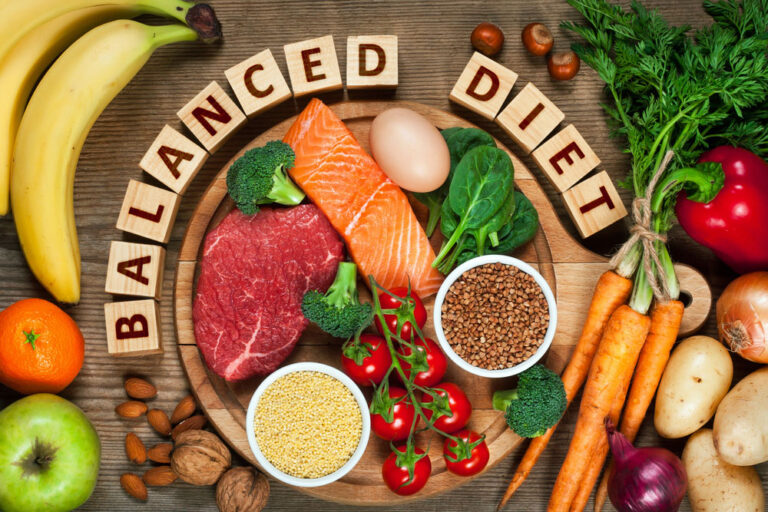Addiction Recovery: Why Is Eating Right So Important?
There are several components of an effective alcohol and drug rehabilitation program. Alongside detoxification, exercise, and therapy, nutrition plays a significant role. Individuals who are in active addiction may not always maintain a good diet. Alcohol and drugs affect the way that the body processes what these individuals do consume. Top-notch rehab facilities often offer nutritional counseling to patients that is specifically tailored to their individual needs, which allows patients to learn how to provide their bodies with what they need for the recovery process and continued well-being. Proper nutrition
Appetite Changes
Misuse of substances can result in changes in appetite. For many individuals, this means that they will consume more than normal. For others, this means that they will consume less than usual. Alcohol is loaded with sugar as well as empty calories, leaving individuals feeling full despite the fact that their bodies lack the food that they need. Alcohol can often be a source of extra calories with very little value that lead to unwanted and unnecessary weight gain. In some cases, if individuals aren’t eating enough other calories, it may lead to weight loss.
There are other substances that have the ability to suppress one’s appetite or chance the individual’s mental attentiveness so that they are unable to realize that they haven’t been eating. Again, the body isn’t getting the necessary nutrition that it needs, which can affect the immune system and organ function, leaving individuals far more susceptible to illness because the body doesn’t have the energy and ability to fight off bacteria and germs.
Mineral and Vitamin Deficiency
Alcohol significantly impacts the way the body is able to process minerals and vitamins. These nutrients are unable to be absorbed into the body as well when individuals fails to follow an adequate diet when alcohol isn’t involved. When foods aren’t broken down and effectively used, it affects the way an individual feels. If a person isn’t getting an adequate amount of specific nutrients, then the person may develop deficiencies, becoming malnourished. As a result, the body becomes fatigued, and this is on top off the alcohol and drugs that the person may be used. This all makes it hard to fight off illness, sustain energy, and even think clearly.
Stabilizing Blood Sugar Levels
Lows and highs with blood sugar can impact a person’s mood as well as physical health. To help keep blood sugar levels stabilized and minimize mood swings, it is important to eat right. Patients are able to maintain their weight, energy, and mood by regulating their sugar intake and eating on a regular schedule. A proper diet is particularly important for individuals who have been diagnosed with diabetes and need to manage this medical condition in conjunction with their addiction. Stabilizing blood sugar levels will help with keeping mood swings and cravings in check.
Increased Energy Levels
Inadequate nutrition along with the impact of alcohol and drugs can significantly drain the body’s energy levels. Patients may feel lethargic and exhausted because their bodies aren’t getting the fuel needed to maintain proper health and create energy. Alternatively, while under the influence, they may have made poor diet choices and ate a load of unhealthy and processed foods, as this can also lead to a reduction in energy levels and even weight gain. A properly well-balanced diet can offer the body the right nutrients that are necessary to remain energized throughout the day.
Making Good Food Choices
With adequate nutrition counseling, patients will learn how to make well-informed dietary choices for their overall health and well-being. Each patient’s individual needs are thoroughly assessed and a plan is drafted that will ensure that each patient gets the most appropriate balance of nutrients and calories for his or her body. As the patient’s eating improves, he or she will begin to feel the positive effects both mentally and physically. A well-balanced diet tends to incorporate:
- Lean protein
- Fresh fruits and vegetables
- Whole grains
- Lots of fluids (particularly water)
Making an effort to focus on fresh foods as opposed to processed foods will make a significant difference. In addition, there are certain foods that some individuals will find helpful in reducing their cravings. Patients will learn skills and strategies that they can take with them out of rehab and use with their meal planning at home. Eating a well-balanced diet will help to improve cell function, boost the immune system, repair muscles and tissues, enhance mood, and simply increase overall well-being.
Throughout the recovery process, patients will begin to notice changes in their appetite and how eating right makes them feel better. It will take time for the body to recover and even repair itself, but eating healthier can make all the difference—and it can also be a motivating stepping stone to help patients start with a clean slate in the next chapter of their life.
Nutritional counseling is just one of the many things that our treatment program consists of here at Shadow Mountain Recovery Center. To learn more, contact us today.









